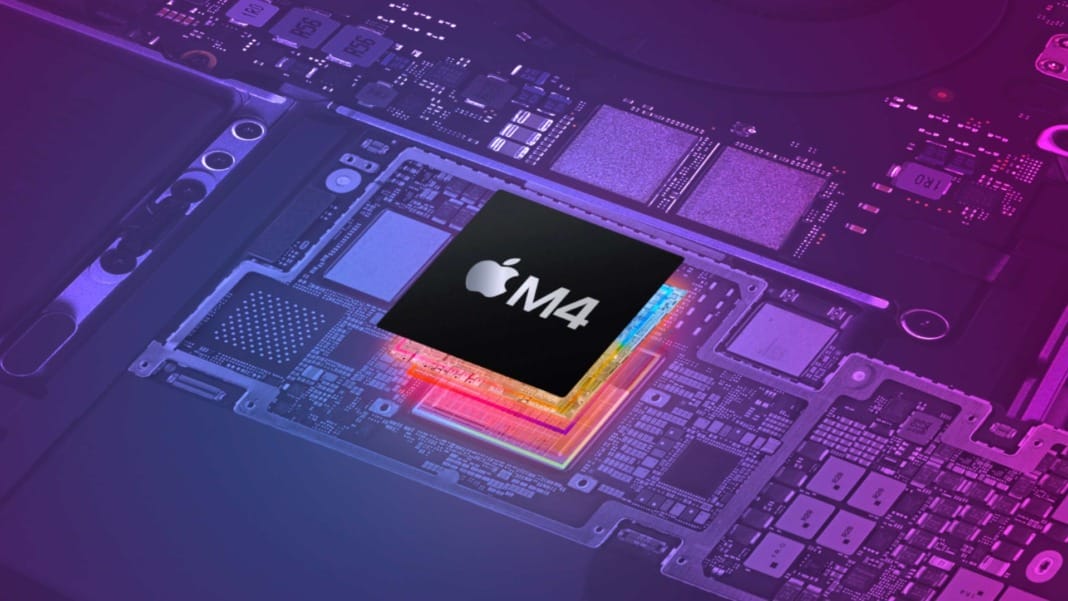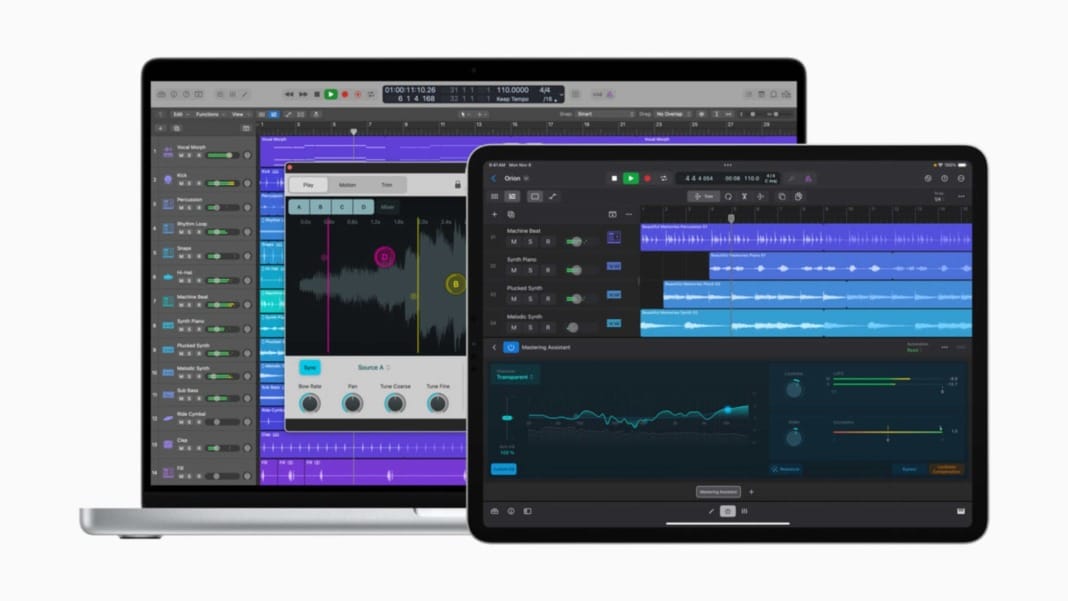When Apple announced the 2024 iPad Pro, it made a point to highlight the leap from the Apple M2 chipset straight to the groundbreaking Apple M4 chipset. This bold move bypassed the M3 entirely, setting the stage for a significant upgrade to their pro-grade tablets.
The revelation about the M4 chipset leaked a week before the official release of the new tablets, initially dismissed as mere speculation. Now, it’s clear that this leap was not only real but also a strategic advancement in Apple’s technology lineup.
New and powerful technology
The introduction of a new generation of chipsets typically promises significant performance enhancements, and the Apple M4 chipset is no exception. Utilising second-generation 3nm manufacturing technology, the M4 emphasises power efficiency. This advancement means it can deliver the same performance as older chips while consuming less battery power.
Apple has stated that the M4 chipset offers a 1.5-fold increase in CPU performance and a four-fold increase in pro-rendering performance for its GPU compared to the M2. Remarkably, it achieves this with just half the power consumption.
The architecture of the M4’s CPU includes 10 cores—four designed for high-performance tasks and six for efficiency. These cores are enhanced with machine learning capabilities to boost performance further.
The GPU also features 10 cores and introduces dynamic caching, which optimally allocates hardware memory in real-time. This improvement enhances GPU utilisation, particularly in graphics-intensive applications such as gaming and professional editing software. Moreover, the GPU supports hardware-accelerated ray tracing, enhancing the realism of shadows and reflections in games.
Enhanced AI and media processing
The M4 chipset’s Neural Engine, Apple’s term for its neural processing unit, is capable of performing up to 38 trillion operations per second. To put this in perspective, it’s 60 times faster than the A11 Bionic chipset, which was a pioneer in its time back in 2017. This comparison underscores Apple’s long-term commitment to leading-edge AI technology, well ahead of industry trends.
Additionally, the M4 introduces hardware acceleration for the AV1 codec in its Media Engine. This new feature is a significant step forward in video processing technology, enhancing the multimedia capabilities of the new iPad Pro.
With such a substantial boost in both performance and efficiency, the new iPad Pro, powered by the M4 chipset, marks a significant milestone in Apple’s technological evolution. This chipset not only enhances the device’s current capabilities but also sets the foundation for future innovations.





